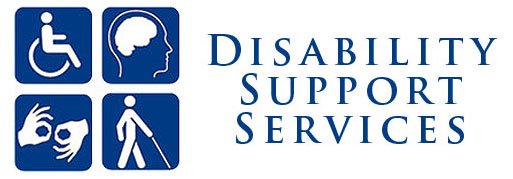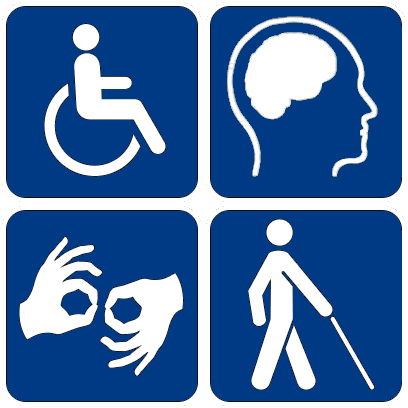You may reach a point in your dental career when you consider changing the direction of your practice of dentistry. This is likely to occur should you encounter a disabling illness or injury. Of equal importance are the challenges that depression and addiction may present to you at some time during your dental career. It is hoped that you can survive these difficult times and return to active dental practice. Unfortunately, that is not always possible. If you are considering redirecting your career, strongly consider entering the field of orofacial pain/medicine.
You will always be a dentist and continuing to use the years of your dedicated training to others benefit will reward you will a true sense of value and relevance. We have previously discussed other alternative careers in dental radiology and pathology in Back to School for Disabled Dentists? They are options that should explored. Orofacial Pain/Medicine is the new kid on the block. New practices are emerging in many markets and general practitioners are actively referring their patients for specialty care.
Make no mistake. Full time practice of Orofacial Pain/Medicine will require effort and dedication, but will be worth the reward. Two routes to certification are available. The first will require a residency of 2-3 years in a university setting. The second will require 2-3 years of on-line classes at a cost of around $50,000. There is a great opportunity now with the USC online course. Position selection is competitive and you will have to demonstrate a sincere desire to pursue this field.
For those that desire a more cerebral approach to practice that requires making complex differential diagnoses, orofacial pain is a good choice. You will need to have direct patient contact with challenging diagnostic work-ups. The advantage or tradeoff is you will leave complex restorative/crown and bridge procedures behind. Say goodbye to implants, prophies, extractions, and dentures. You will need to become an expert in management of complex patients with facial pain, sleep apnea, headaches, and temporomandibular joint disease. Your diagnostic skills will be tested, and you will be required to have an extra amount of patience. Saliva testing, diagnostic blocks, biopsies, oral appliance fabrication, and trigger point injections will become the norm.
- You will not be alone. As a dental specialist, you will be referring your patients to physicians, oral surgeons, pathologists, and even general dentists for care. You will be part of a needed team in treating real patients who desperately need care/relief. Many dentists now incorporate orofacial pain/medicine as part of their general practice. You have this option too, and can reduce your hours in general dentistry. Whether this reduces your perceived stress level is an individual decision. For those dentists that are disabled physically, oral medicine may really be a lifesaver. Your dexterity may be compromised, but your mind is sharp and active. If your injury or illness affects fine motor skills or practical use of your hands in any way, you may be an ideal candidate for orofacial pain/medicine. If stress is a component in your decision-making process, understand that oral medicine practitioners will still encounter stress, just different than general dentistry.
No matter what you decide, it will be a big decision to redirect your career. Take time to consider your alternatives. This is a big decision and weeks or months are the time frames you should consider, not days or hours. Research your residency options in detail. Apply to as many programs as you can financially, and take the time to personally meet the program directors. Personal contact is recommended and send thank you cards after all personal visits. You will be rewarded with acceptance and a positive training experience.
The field of Orofacial Pain/Medicine is expanding every year with more and more hospitals and insurance companies recognizing the real value in treating these patients correctly. You will be entering the field at an exciting time as many markets now have no providers. This will not remain like this indefinitely, and now is a great time to explore your options in this truly rewarding dental specialty. We hope you can return to general dentistry, and understand that your situation/disability may prevent you from returning to active practice. See our posting on the ten steps to survive disability.TEN STEPS TO SURVIVE DISABILITY. They will get you past those early days after your illness or accident. Once you have time to catch your breath, start exploring your options. We will be there to help.
WE ARE DENTISTS HELPING OTHER SICK AND INJURED DENTISTS, WE CARE.

